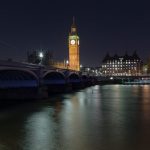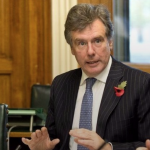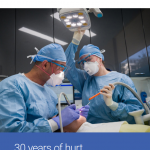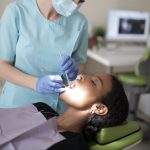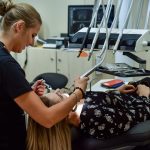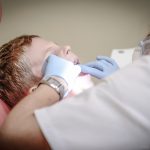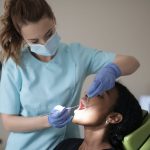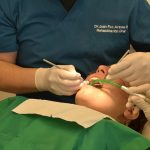Healthwatch has released its quarterly report on dentistry, which seeks feedback from NHS patients about their experiences. The briefing, which covers the three-month period from July-September 2020, drew responses from 1,313 people about their experiences of dentistry, compared to 238 people in the previous three-month window.
The feedback received showed that patients were often unable to get the care they needed, leaving them in pain and at risk of serious long-term oral health issues. Since the start of the Covid-19 pandemic and the initial national lockdown, there has reportedly been a significant increase in the number of people facing problems when trying to get an NHS dentist appointment, suggesting the impact the pandemic has had on the profession has been particularly acute.
The report, which can be found here, notes that in addition to dental care access proving difficult for NHS patients, that large numbers of the public are still unable to get an appointment for regular check-ups, hygienist appointments or fillings, and that NHS appointments as a whole are extremely limited because practices are either not taking on new NHS patients or have no available NHS appointments.
The Healthwatch report also highlights that, in some cases, dentists have not been able to continue treatment started before lockdown, meaning people have been left in pain and with unresolved issues, such as broken teeth, and that some been unable to reach their dentist for urgent care. In addition, it is suggested that some practices are prioritising private patients over NHS ones or are only offering non-urgent treatment if NHS patients opt to pay privately instead.
Other issues brought to light by the report claim there has been a inaccurate or misleading information provided by NHS 111 and NHS Choices, as well as dental practice websites, causing confusion. Confusion has also been caused over whether patients have been de-registered: a dental practice cannot de-register someone, but often people who have had a long gap since their last appointment are told they have been, when really what the dental practice means is that there are no available NHS appointments.
Finally, the report finds that while practices did adapt to new measures once they reopened, not all of them understood how Covid-19 measures would impact some groups of people or didn’t follow all the measures needed to make people feel safe.
The report has already drawn responses from across the dental sector, with Dental Protection defending dentists following its publication. Commenting on the report, Susie Sanderson, Dentolegal Consultant at Dental Protection, reiterated the extremely challenging environment for dental professionals:
“Dentists have faced a range of challenges throughout the pandemic, and many have returned to practise in equally challenging circumstances – adapting to additional PPE and new ways of working, worrying about their health and that of their staff and patients, and facing a significant backlog of patients with outstanding treatment due to the unavoidable delays. 45% of UK dentists say their mental wellbeing is worse compared to the start of the pandemic.
“Many dentists have also expressed their frustration that guidelines are not always easy to decipher and adhere to and are having an adverse impact on the operating capacity of the practices. The delays and disruption frustrate patients, but also create stress for dentists, who are doing their best but feel they cannot always act in their patients’ best interests for reasons beyond their control.
“We want to reassure all members that Dental Protection is here to offer support. I would also encourage members experiencing work-related stress to make use of our free counselling service. The service is provided through a third-party partner and is completely confidential.”
Meanwhile, the Association of Dental Groups (ADG) chair, Neil Carmichael, commented:
“Healthwatch England’s report published today on the impact of COVID-19 on dentistry confirms the ADG’s campaign for action be taken to increase access to dentistry. The ADG is seeking a new contract for NHS dentistry where oral health is a higher priority and flexible commissioning is encouraged. We must also recognise the need to recruit more dentists. To deliver dentistry effectively in all regions in England quite simply, more practitioners are required.”
“Healthwatch England’s report has cast a light on a period in dentistry where access was severely curtailed because of restrictions placed on the profession, which has further compounded pre-existing problems. I look forward to Healthwatch England’s positive engagement as we seek a new way of working in NHS dentistry and a comprehensive workforce strategy from Government to fill the vacancies in areas of greatest need.”







